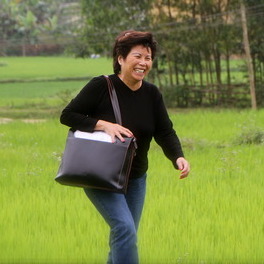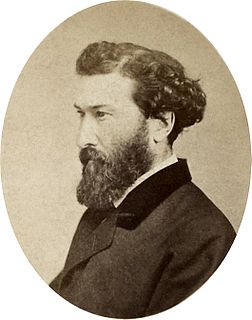A Quote by Thomas a Kempis
We feel and weigh soon enough what we suffer from others: but how much others suffer from us, of this we take no heed.
Related Quotes
For you see, the face of destiny or luck or god that gives us war also gives us other kinds of pain: the loss of health and youth; the loss of loved ones or of love; the fear that we will end our days alone. Some people suffer in peace the way others suffer in war. The special gift of that suffering, I have learned, is how to be strong while we are weak, how to be brave when we are afraid, how to be wise in the midst of confusion, and how to let go of that which we can no longer hold. In this way, anger can teach us forgiveness, hate can teach us love, and war can teach us peace.
To love is to suffer. To avoid suffering one must not love. But then one suffers from not loving. Therefore, to love is to suffer; not to love is to suffer; to suffer is to suffer. To be happy is to love. To be happy, then, is to suffer, but suffering makes one unhappy. Therefore, to be happy one must love or love to suffer or suffer from too much happiness.
Very great personages are not likely to form very just estimates either of others or of themselves; their knowledge of themselves is obscured by the flattery of others; their knowledge of others is equally clouded by circumstances peculiar to themselves. For in the presence of the great, the modest are sure to suffer from too much diffidence, and the confident from too much display.




































